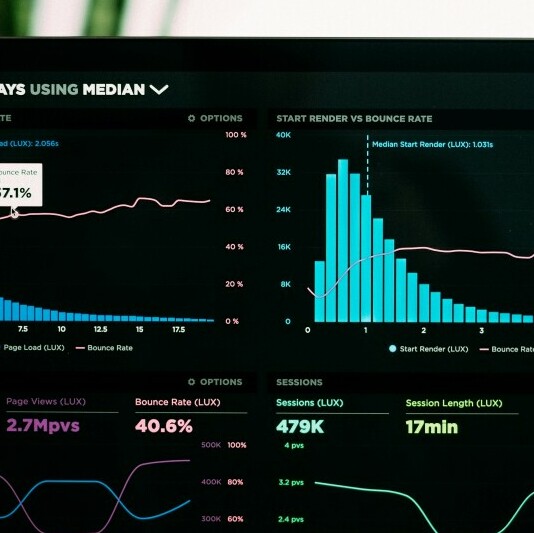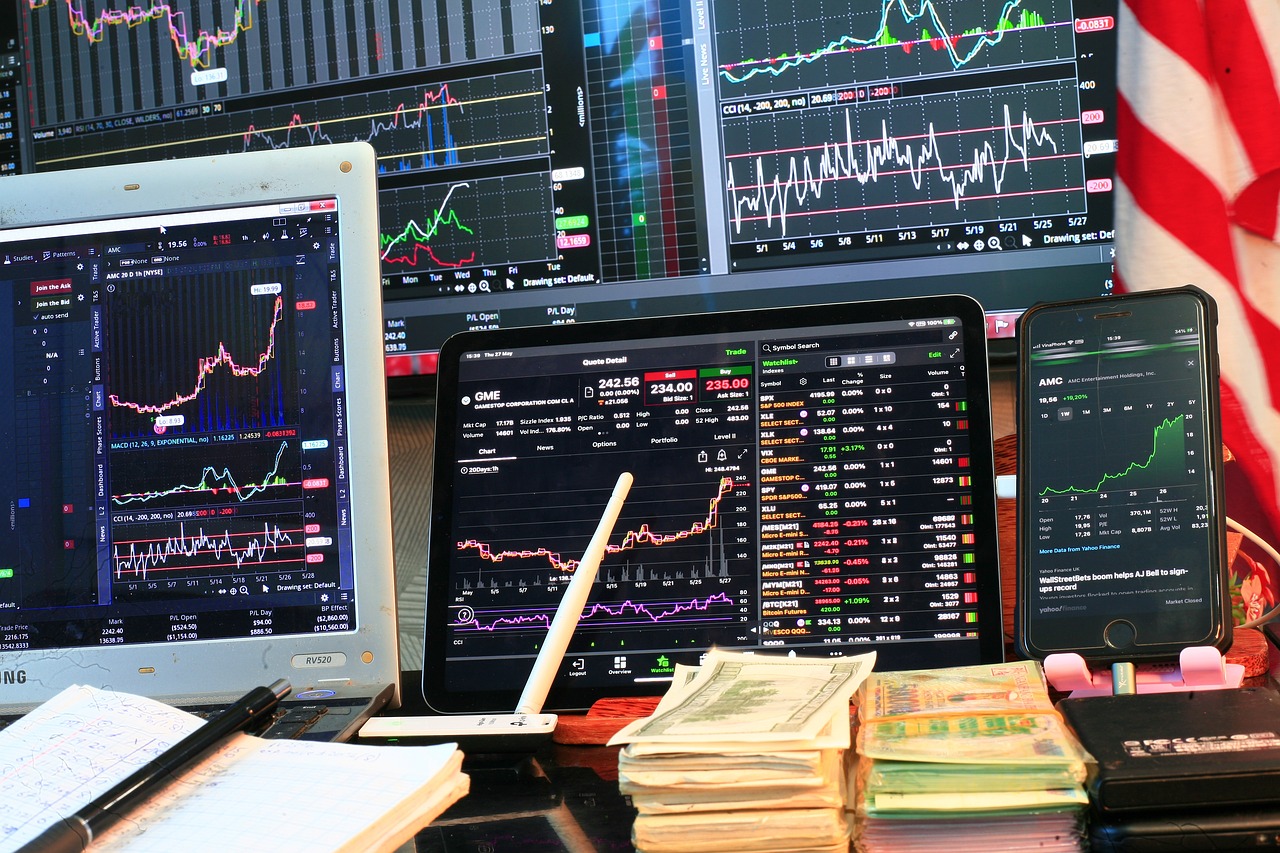The Investor Diary Entry #53: June 2, 2024
I am writing this diary entry because it has been more than a year since I began my search for a trading strategy or methodology that best suits my style and I am comfortable with.
Only today I wrote the details of the plan that I am ready to try out on a demo account. I am not ready to share it yet, but I am sure I will, once I get to make the first few tests.
I wanted to write this diary entry because I also want my diary readers to know the basics of what is forex trading strategies before writing about my specific forex trading strategy.
I am also calling it a forex trading strategy because I will test it first on forex. Once it succeeds on Forex, I am going to test it on Stocks.
Later in this article, you will see why I used both terminologies; strategy and methodology. my personal belief is that the word strategy is not the correct one to be used with the meaning that everybody in the industry is using.
I’m going to kick things off by peeling back the layers of Forex trading, often referred to as FX trading for those who are not yet familiar with the industry. It’s a global marketplace where currencies are exchanged, and its economic influence is nothing short of monumental. Traders from around the world engage in Forex trading to profit from currency fluctuations, which can be influenced by a variety of factors, including economic data and political events.
You’re going to find out about Forex trading strategies, which are essentially the blueprints that traders follow in hopes of achieving profitability. These strategies are not random; they are carefully crafted plans that involve a mix of analytical techniques and market knowledge.
This isn’t just about having a set of rules to follow; it’s also about understanding why it’s called a ‘strategy’ and not ‘methodology.’ The terms might seem interchangeable, but in the world of Forex trading, they carry distinct connotations that can affect your approach to the market.
We’ll also touch on the elements of a good Forex trading strategy, which include recognizing market trends, making informed decisions, and managing risks effectively. By the end of this section, you’ll have a clearer picture of what makes a strategy effective and how it differs from methodology.
Understanding the Forex Trading Strategy Lexicon

I’m going to take you through the nuances of trading terminology, particularly focusing on why we talk about ‘strategy’ rather than ‘methodology’ in Forex trading. You might wonder why this matters, but in the trading world, words can wield a lot of power. They shape your thinking and, ultimately, your trading performance.
The word ‘strategy’ has a military connotation, suggesting a plan of action designed to achieve a long-term or overall aim. It’s comprehensive and dynamic, tailored to changing conditions on the battlefield, or in our case, the financial markets. This isn’t just about a set of rules; it’s also about the flexibility and adaptability required in Forex trading.
Why not ‘methodology,’ then? While methodology could technically apply, it often indicates a fixed system or a studied set of methods. In my opinion, the fluid nature of the Forex market calls for a term that embraces adjustment and evolution, hence ‘strategy’ fits the bill better.
Let’s tap into the perspectives of seasoned traders and analysts who often prefer ‘strategy’ over ‘methodology.’ It’s because a strategy encompasses not just the trades but also the psychology, risk management, and continuous learning that are all essential to Forex success.
Therefore, what many call a particular set of triggers or indicators a forex strategy, is not accurate. This is a trading methodology made of certain steps that depend on certain triggers.
Now as we pivot from the significance of words to the significance of market dynamics, you’re going to find out about how Forex strategies may differ from those applied to stocks, bonds, or commodities. Understanding these differences is key to developing a tailored approach that accounts for the fast-paced and often unpredictable nature of the Forex market.
Comparative Analysis of Forex vs. Other Financial Markets

Now, let’s look at what sets the Forex market apart from stocks and other asset classes. The Forex market operates 24 hours a day, providing continuous opportunities for traders worldwide. This is unlike stock markets, which have specific opening and closing times tied to an exchange. Moreover, the Forex market is highly liquid, meaning currencies can be bought and sold without significantly affecting their value.
You might wonder if you can apply the same strategy across different financial markets. Well, there are two ways to react to this. Some traders believe that certain universal principles of trading, like trend following and risk management, can be applied across various markets. On the other hand, the unique aspects of the Forex market, such as its reaction to geopolitical events and economic indicators, demand tailored strategies.
To illustrate, let’s look at some case studies. Traders who have successfully used the same core strategy in both Forex and stocks might point to the importance of chart patterns and volume analysis. Yet, Forex traders might pay closer attention to international news releases or economic calendars, aspects less relevant in stock trading. These subtleties highlight why, even if there’s overlap, Forex strategies need their own flavor.
Consulting experts confirm that while fundamental trading principles remain consistent, the strategies for Forex trading often include specific practices tailored to the dynamics of currency markets. For instance, leveraging tends to be much higher in Forex, and the influence of central banks introduces a different set of variables to consider. I’ve always found it intriguing how a non-farm payroll announcement can sway the market in moments – something that’s way less likely in the stock market.
Developing a Personalized Forex Trading Strategy
After exploring the Forex landscape and understanding how its strategies differ from those used with other financial assets, it’s clear that personalization is key. You’re going to find out about the necessity of crafting a trading approach that’s tailored to your goals, risk appetite, and the specific dynamics of the Forex market.
Any successful Forex trader will tell you that a strategy is more than just a set of rules; it’s a comprehensive plan that accounts for analysis, execution, and evaluation. Choose something that resonates with you: whether that’s employing fundamental analysis to predict long-term trends or applying technical indicators for day-trading.
A cornerstone of any Forex strategy should be risk management. Without it, even the most promising trades can lead to significant losses. Don’t worry too much about losses themselves—every trader faces them. Instead, focus on developing a solid risk management plan that includes setting stop-loss orders and defining risk-reward ratios.
I am very excited to try my newly found forex trading methodology tomorrow. Today is Sunday, and if I still have time I will conduct my weekly analysis, which I have not done yet. The challenge is that I have workers at home and I have outdoor chores that I need to do.
How will next week look like is something that I will share with you once the week is over along with an update of the first tests of my newly found trading methodology.
The Investor
Sunday 2 June 2024
About The Author
I started to look into individual stocks in January 2022. I created this diary initially for myself to track my investing progress, and second, as a place where I can share my ideas publicly hoping that others will share their ideas and learn from each other, and lastly as an online business where some links that I share are affiliate links, and if anybody bought anything by clicking those links, I will get a commission based on that successful sale, which of course will not affect the price that you are buying the product or service at.
For more detailed information on my affiliate disclosure please refer to the Full Affiliate Disclosure page, and if you are interested in building your own online business you can check this post here.
Furthermore, this site is in no way or form is giving any financial or investing advice, nor it is encouraging or discouraging people to buy or sell any financial instrument. This is a personal diary in which I track my own progress and share it for informational, educational, and entertainment purposes.


Hi,
Admittedly, I am a novice when it comes to trading, so this was a new concept for me. I appreciated how you broke down the terminology for even beginners to follow along. I appreciate how you emphasize the dynamic nature of a strategy, highlighting its adaptability and comprehensive approach, which is crucial in the ever-changing Forex market.
Thanks for a great post!
– Scott
Thank you Scott, Yes Strategy by nature is flexible, adaptable, and holistic. Methodology on the other hand is specific and strict. This is what I was trying to highlight in this article.
Unfortunately, all articles and videos use the word strategy, because it is more attractive, while they mean methodology.
There was a time when I desired to earn from Forex and so I invested thinking I was going to make some money but low and behold that is not what happened.
Fast forward quite a few years and I wish I had read this article or known about this subject matter back then.
Maybe I was following a methodology but I like the way you explain that it’s more of a strategy, taking different scenarios into account before acting on them.
I will archive this article for future reference because I seriously would like to give it another try in the future.
Thanks for providing such a well researched article that I can make reference to in the future
Thank you very much for your comment and for sharing your personal experience. I was introduced to trading in 2003, but because of the ease of entry, I underestimated the concept.
I have been reading and studying for more than a year now, and I use my demo account as if it was my own money.
Personally, I am still searching for a methodology that makes sense trading-wise and suits my style. After more than a year, I think I started approaching a methodology that I am still testing and refining.
I have put a target for myself using a demo account. Until I reach that target I will not open a live account.
I am very glad that you found value in this article.
Hey thanks for this wonderful article! I was thinking about Forex trading as a way to make money. However, even if I have experience in finance, I was quite afraid! Why? Because of my limited mindset I suppose! Now, I really want to take advantages of what Forex trading has to offer. And I agree that chart patterns are what matters the most; I’ve used them in the past for stocks. How much do you recommend I should start with?
Hello there and thanks for your comment. Having a background in Finance that might give you an edge over others to add fundamental analysis to your technical analysis.
I believe price patterns provide part of the story and it is recommended by many to have more technical tools to analyze your chart to make as complete a story as possible of a chart.
With regard to how much to start with, well, I don’t think anyone can advise on that. Ft.or myself, I have already spent a year just studying without even trading on my demo account. I just started trying out certain methodologies one month ago and just using my Demo account.
Only when I achieve a certain self-set target will I be moving to a live account.
Soon I will be writing about the trading methodology that I am currently trying. I still didn’t write about it because I am still fine-tuning it.